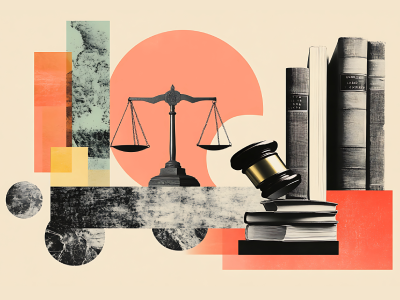What Happens When a Contract Gets Breached?

Contracts are the backbone of countless business and personal agreements, but when one party doesn’t hold up their end of the deal, things can get complicated fast. If you’re dealing with a breach of contract, here’s what you need to know about your rights and your next steps
1. What Counts as a Breach?
A breach happens when one party fails to perform their contractual obligations without a valid legal excuse. That could mean missing deadlines, failing to deliver goods or services, refusing to pay, or violating non-compete or confidentiality terms.
2. Material vs. Minor Breaches
Not all breaches are created equal. A material breach affects the heart of the agreement and may justify ending the contract or suing for damages. Courts may award compensatory damages for losses caused by the breach, or even order specific performance, forcing the other party to carry out their end of the deal.
A minor breach, on the other hand, may still cause inconvenience or cost you time or money, but it doesn’t necessarily give you the right to cancel the contract entirely. In these cases, the remedy is usually limited to monetary damages to compensate for the inconvenience or delay.
3. Real-World Examples
- A contractor fails to finish a job they were paid for
- A business partner violates the terms of your operating agreement
- A tenant stops paying rent but refuses to move out
- A vendor doesn’t deliver supplies by the agreed-upon date
4. What Legal Remedies Are Available?
Courts can award different types of remedies depending on the situation. The most common are compensatory damages, which reimburse you for financial loss. In some cases, a court might order specific performance—requiring the breaching party to follow through on their promise—or allow you to cancel the contract and seek restitution. Other remedies may also be available depending on the contract terms and the circumstances, such as liquidated damages, incidental damages, consequential damages, or nominal damages.
5. Why Legal Strategy Matters
Even clear breaches can become murky if the contract’s terms are vague, or if there’s no written agreement at all. A lawyer can help you assess whether a breach has occurred, how strong your claim is, and whether it’s better to pursue legal action or negotiate a resolution.
At Bery Law, we help clients navigate contract disputes with clarity and strategy, whether that means enforcing your rights through court or finding a solution outside of it.




